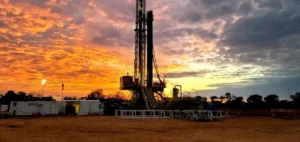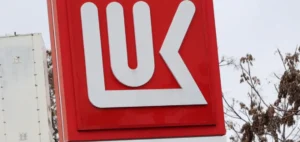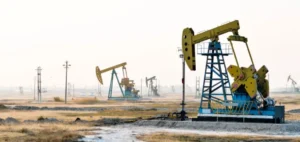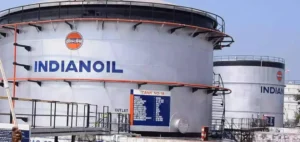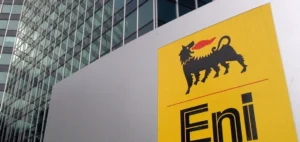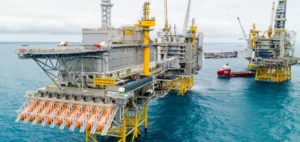Oil prices rose significantly on Tuesday, reaching their highest level since late October. This rise, influenced by a strike attributed to Israel against the Iranian consulate in Damascus, raised fears of Iranian reprisals. Brent and WTI rose by 1.71% and 1.72% respectively, nearing $90 a barrel.
Geopolitics at the heart of market concerns
The impact of tensions between Israel and Iran on oil markets is now indisputable. The United States and several Gulf states also regularly denounce Tehran’s actions off the coast of Oman. A ship carrying a cargo of diesel fuel, owned by an Israeli businessman, was targeted by an Iranian projectile at the end of 2022. Bill O’Grady of Confluence Investment notes a growing awareness of geopolitical risks. The strike on the Iranian consulate in Damascus, which killed 13 people including Qods Force commanders, intensifies speculation about a possible Iranian retaliation.
International reactions and their implications
The international community remains on alert in the wake of recent events. Escalating tensions could have dramatic consequences for the region. Israel’s attack on World Central Kitchen employees in Gaza adds a worrying humanitarian dimension to the crisis.
The role of OPEC+ and shale oil production
The upward price trend is also attributed to the small increase in US shale oil production and OPEC+’s rigid production policies. These factors, combined with stable demand, could reduce oil inventories, thereby supporting higher prices.
Future prospects for the oil market
The technical meeting of OPEC+’s Joint Ministerial Monitoring Committee (JMMC) scheduled for Wednesday could offer new guidelines for oil production. The decisions taken at this meeting are likely to influence the markets, and could either ease or exacerbate current tensions.
Soaring oil prices, fuelled by geopolitical factors and OPEC+ strategic decisions, highlight the vulnerabilities of global energy supplies. Future developments could have a major impact on the global economy and regional stability.



